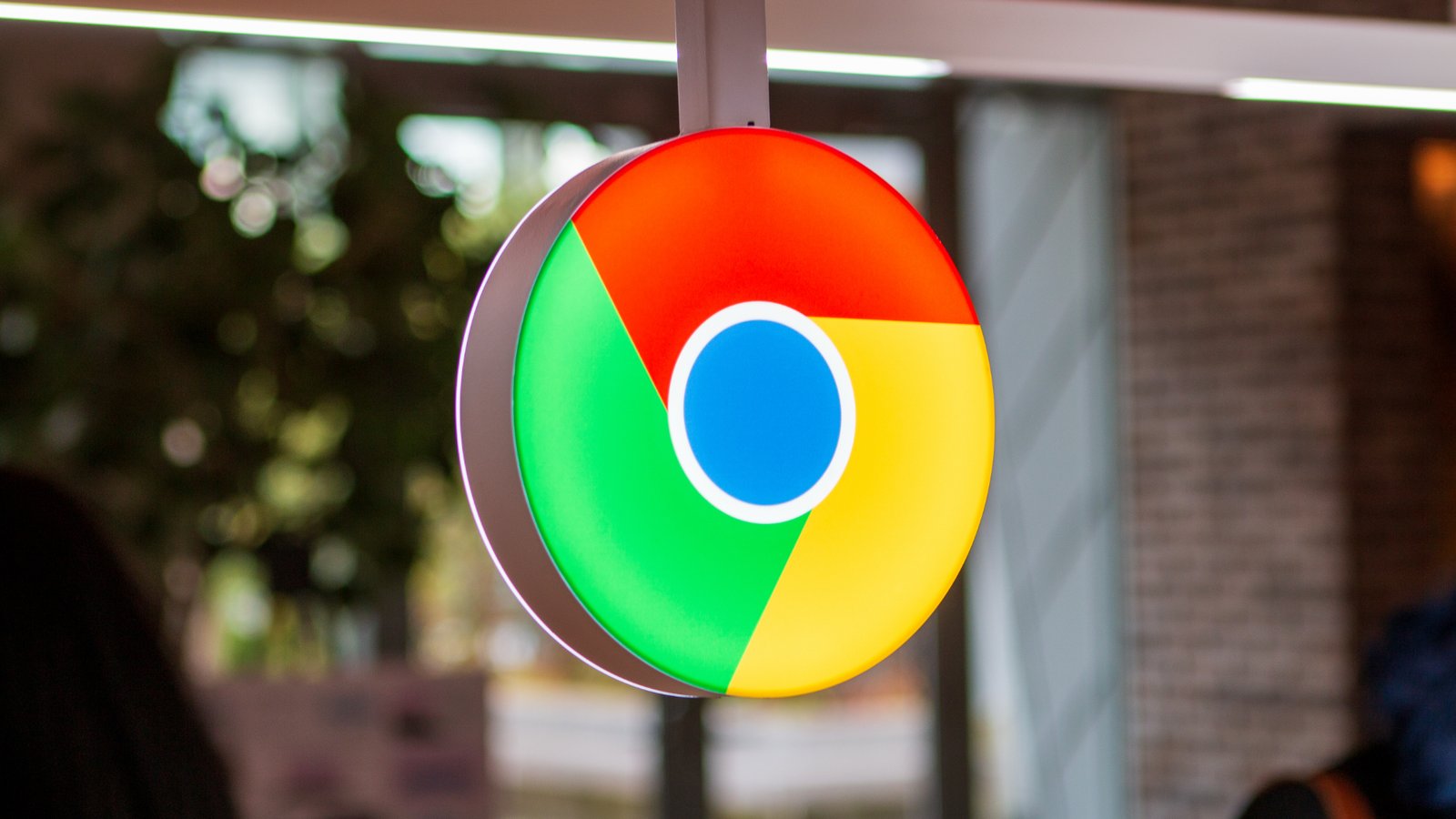
What you need to know
- Google has reportedly submitted its proposal to the DOJ’s suggestion to divest Chrome due to anti-competitive practices.
- Viewing the DOJ’s proposal as “extreme,” Google proposes that allowing other companies to offer “multiple” choices and deals for users would be a more suitable solution.
- This all began after a significant ruling declared Google an illegal search monopoly in July, prompting the DOJ to mandate the selling of Chrome, Android, and more.
The U.S. has been investigating Google’s dominance with Chrome, and a recent development shows the company’s response.
The U.S. Department of Justice (DOJ) is investigating Google’s alleged anti-competitive practices with Chrome, but Google has expressed its disagreement with the government’s proposal, according to Bloomberg.
Google’s vice president for regulatory affairs, Lee-Anne Mulholland, stated that any “remedy” should involve allowing other browsers the freedom to make deals with the search engines they believe are best for their users. Furthermore, Mulholland suggested Google’s alternative browser agreement solution, which would allow competition to use Search for their users’ benefit and revenue.
Google expresses that it prefers “flexibility” over the DOJ’s proposal, proposing that multiple default agreements be allowed across different platforms. For example, Google suggests that Apple could offer a different search engine and browser on its iPhones and iPads. Companies would also have the option to change their “default” every 12 months.
The solutions presented by Google in its recent filing address the DOJ’s “extreme remedies,” referring to the government’s suggestion for Google to sell Chrome. Google’s document states, “…courts must be careful to avoid decrees that could hinder competition rather than enhance it.”
In mid-November, the Department of Justice and Judge Amit Mehta sought to compel Google to sell Chrome for anti-competitive practices. This follows the government’s ruling that Google violated Section 2 of the Sherman Act, making it an illegal search monopoly.
Due to this, the DOJ is urging Google to sell significant parts of its business, including Chrome and Android. Government attorneys argue that Google has excluded competition and stifled rival incentives with Chrome.
Bloomberg reports that a final decision will not be made until at least August 2025. If Google is required to sell Chrome, the internet will still exist, but the market players may change.
